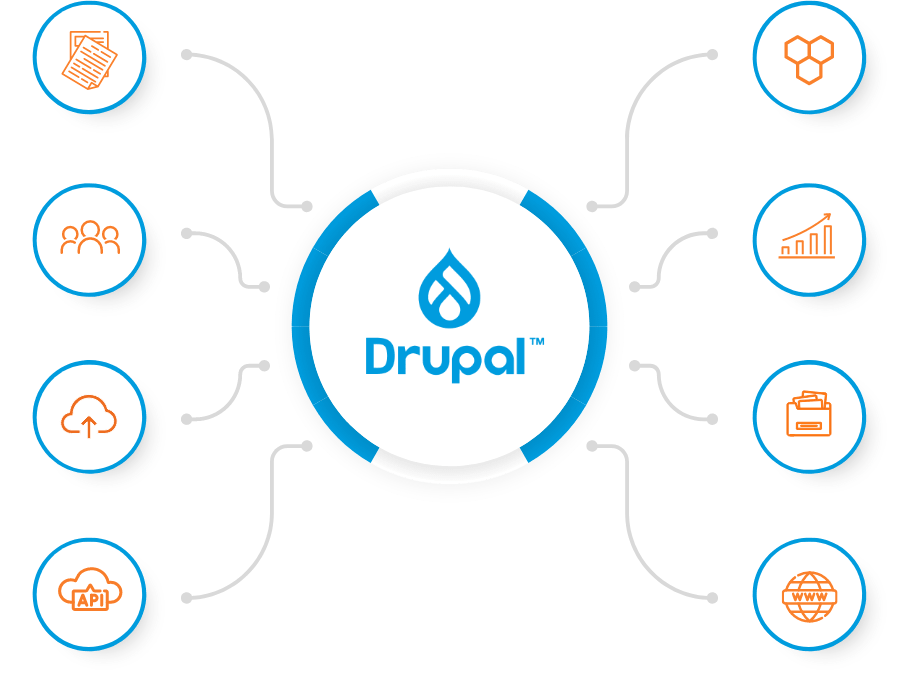


What is Drupal and Why Should You Care? An Introduction to the Leading CMS

What is Drupal?
Drupal is an advanced Content Management System (CMS) that is widely used around the world, powering over 1,000,000 websites. It is utilized for a range of sites, from personal blogs to corporate and government websites, from static portfolios to e-commerce platforms.
Built on an open-source codebase and written in PHP, Drupal has a mature community of over a million developers worldwide. This community actively shares knowledge and resources, contributing to the platform's ongoing development.
Drupal's infrastructure is designed in a layered architecture, allowing for easy scalability, additional developments, and the seamless addition of components without modifying the core codebase.
Drupal is known for its stability and is considered one of the most secure open-source systems globally. In fact, it is utilized by the United States government for their official websites, emphasizing its reputation for security.
Security
Drupal is the most secure CMS available today. It utilizes a robust and independent 7-layer security model, making it the top choice for organizations seeking a highly secure content management system. In fact, renowned institutions such as the White House have chosen Drupal for their websites, demonstrating its trusted security capabilities. The Drupal community includes a dedicated security team consisting of experienced developers who actively monitor and address vulnerabilities. This commitment to security ensures that your organization's sensitive information remains protected.
There are several reasons why Drupal is considered more secure than other content management systems:
Scalability means the ability to easily increase resources or user capacity without compromising service quality or making drastic changes to the infrastructure or core system. As companies grow and expand their customer base, revenue, and operations, scalability ensures that their systems and infrastructure can handle increased demand without sacrificing performance or availability.
In Drupal, additional developments can be easily implemented since the infrastructure is built in separate layers, each capable of deploying the appropriate functional development, backup, acceleration, and caching without relying on other modules. This enables immediate future growth according to customer needs.
There are several reasons why Drupal is considered more scalable and flexible than other content management systems:






